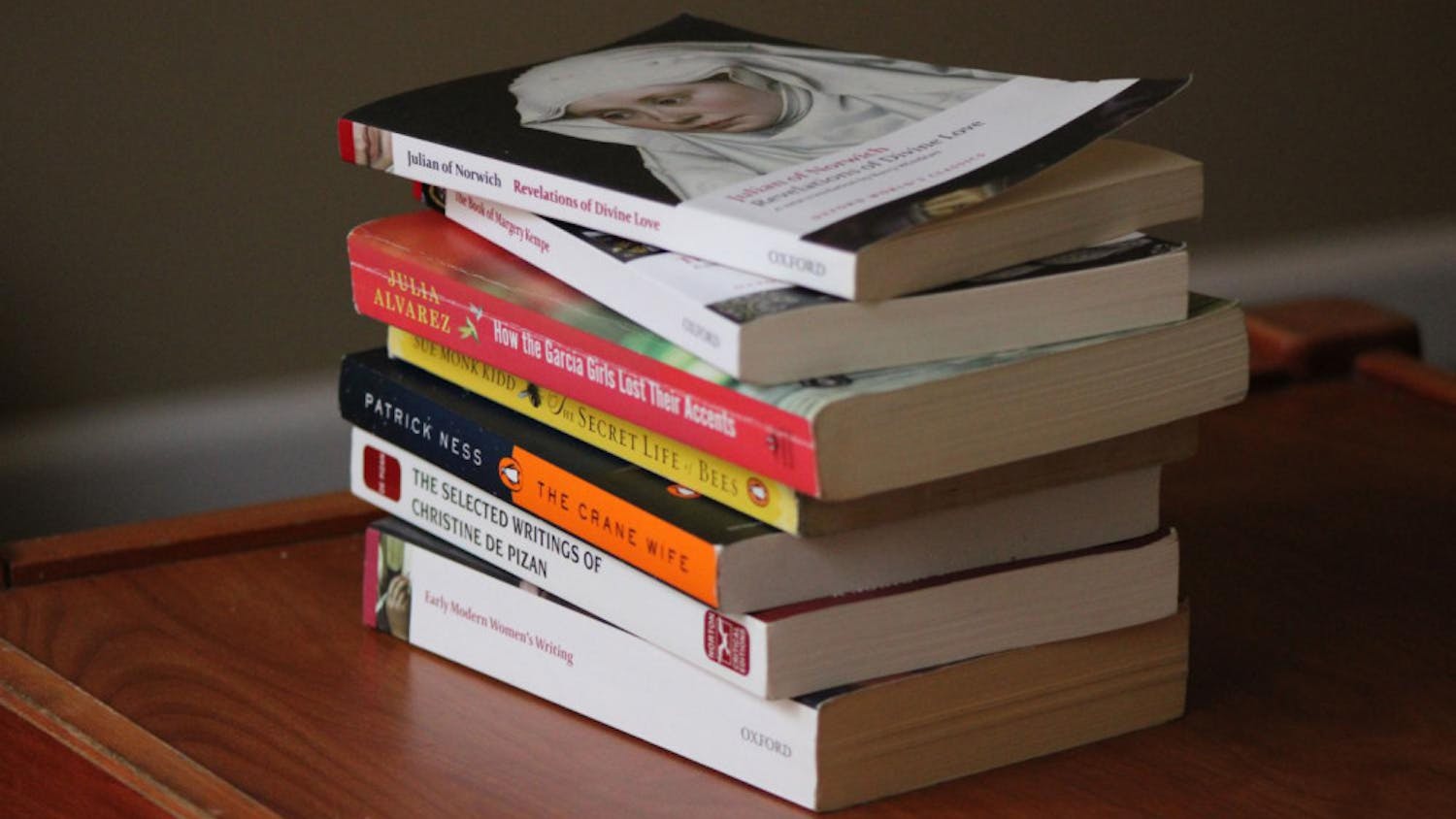Ai Weiwei, Dr. Muhammad al-Abd al-Karim, Ayaan Hirsi Magan Ali: these are the names of only a few of the many writers and artists who tried to express their ideas and were punished for them. The Constitution of the United States guarantees Americans certain liberties that can never be taken away. Some people of certain nations, however, are not so lucky.
Unless you’ve been living under a rock in the deepest darkest pit, you are probably aware of the ongoing uprisings in the Middle-East and North African region. It all started with the cost of bread and morphed into a surge for a voice in one’s own government. Some regimes collapsed quickly while others fought to a bitter end.
It is those fights that shine a spotlight on an organization, among many, called Amnesty International. For 50 years the organization has championed in favor of the oppressed to have basic human rights. Their ongoing mission is to make the Universal Declaration of Human Rights by the United Nations a reality for all people everywhere.
For some insight into this organization and its work, I interviewed senior Matt Gorgans, the president of the Mercer chapter of Amnesty International.
Cluster: I would like to know something about you and how you relate to Amnesty International. What brought you to this organization and what influences or motivates you as you continue to work for Amnesty International?
Gorgans: I joined Amnesty International as a freshman. My sister was actually the organization’s President at the time. Her passion for human rights inspired me long before I got to college, so it was only natural that should I follow in her footsteps and become a part of this great organization.
Cluster: The ultimate goal of Amnesty International is universal human rights. Between ten years ago to today, how would you rate the progress and what is your outlook for the future?
Gorgans: This year actually marks the fiftieth anniversary of Amnesty International, and I think the progress in the past ten years has been tremendous. One of the most important aspects of the organization that they have maintained over the years is their ability to focus on both large issues and individuals. They haven’t forgotten the importance of bringing specific people to our attention that have endured violations of their basic human rights, such as activists who have been wrongfully imprisoned.
Cluster: Last month, Syria was in the spotlight for the way the regime brutally responded to peaceful protests under the guise of fighting armed gangs. Can you tell me something about the situation and how A.I. is involved?
Gorgans: In relation to the violence in Syria, Amnesty International responded quickly, featuring articles on the situation on their website and even starting a large-scale petition to be sent to government officials, which can still be signed on amnestyusa.org.
Cluster: Every day we are starting to see, more clearly, that what happens in one country, no matter how distant away from us, can have a ripple effect throughout the whole world. For example, the Arab uprisings helped to temporarily destabilize world markets during the months between February and August and it must have also had a negative impact on the campaign for human rights, with Syrian and Libyan regimes as my chief examples of obstacles to your mission. But on the other hand, these regimes are being toppled. Do you see a net, long-term benefit, or would you prefer to continue working with these regimes, or do you cheer alongside the rebels and protestors?
Gorgans: In relation to the ripple effects, Amnesty International is an organization that will take one event and use it to expose similar injustices occurring elsewhere. For example, if a country is in the news one week for violations of women’s rights, Amnesty will often feature articles about other countries where the same is true.
Cluster: On a local stage, how can a typical Mercer student be involved with this organization?
Gorgans: Mercer students can be involved with Amnesty International by coming to our bi-monthly meetings. Our Facebook group updates members as to when meetings will be. In the fall, we generally hold a write-a-thon. During this event, we write petition letters for people we believe to be wrongfully imprisoned and send these letters to the individuals’ governments. This past spring, we were able to bring Stephanie Elizondo Griest to come speak about her travels and human rights issues.
Cluster: What do you believe will be the benefits to a student who chooses to go down this path?
Gorgans: Joining this organization can benefit a student because it expands their outlook. Amnesty International is an umbrella organization when it comes to human rights, meaning we talk about almost any issue pertaining to human rights.
Cluster: What qualities would you say are needed to be a successful activist?
Gorgans: If college is about education and self discovery, how, do you think, would a typical student change or grow after becoming an activist? For me, becoming a successful activist is all about action. We can sit around and debate issues all we want, but unless we write letters, participate in fundraisers and other events for human rights, and try our best to educate people on these issues, nothing will be accomplished.
Cluster: Did you go through any changes, for better or for worse?
Gorgans: Being a part of Amnesty International has taught me more about the world around us and it reminds me as a college student that no matter how busy I might be, there’s always time to think and care about others.
Cluster: What message would you like to tell the community?
Gorgans: I would want to tell the community to consider joining Amnesty International. I think human rights organizations epitomize what it means to go to a university like Mercer that emphasizes service to others and thinking about something bigger than ourselves.




